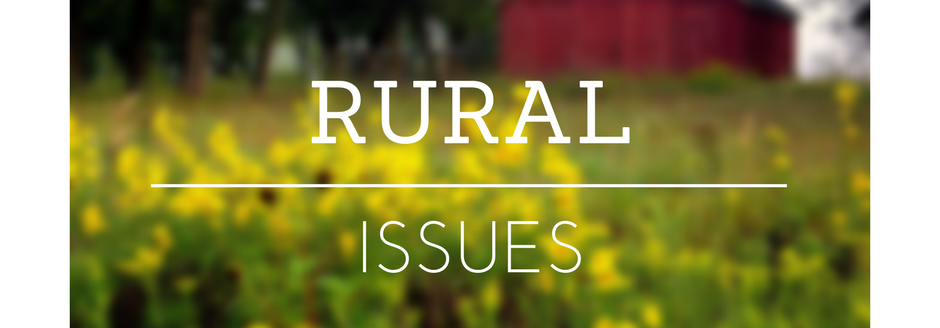Grazing specialist, Jim Gerrish, a well-known rancher, researcher, grazing educator and co-founder of the Missouri grazing school returns to Kansas to offer six different days of grazing education topics to help producers make better choices of their pasture and grazing opportunities.
Each workshop, which will be from 9 a.m. to 3 pm., March 13 to 18, is tailored for livestock producers specifically and will focus on improving soil health and grazing practices to protect the environment and improve water quality and farm/ranch profitability.
“More than ever producers need to be in control of their operation,” Gerrish said. “Don’t leave the critical management decisions up to the animals. They don’t care whether you make a dime or not. Your job is to create a ranch environment where the cow, ewe or nanny can be the best performing animal that she can be! The ranchers’ job is to manage the business side of the ranch and not try to do the animals job for them. Each farm or ranch has unique resources, the key is to match grazing animals to those forage resources. Better management of forage resources will create increased production.”
The first five workshops, March 13 to 17, in various communities, will focus on grazing cover crops and alternative forages to extend the grazing season through the fall and winter months, keeping livestock out of confined feeding areas. Gerrish will also discuss the economic advantages of grazing cover crops and how to make every drop of water count. These workshops will encourage and assist producers in adopting and implementing soil health practices resulting in improved water quality in Kansas watersheds.
Producers will better understand how improved soil health contributes to financial stability and farm resilience by mediating the effects of climate, flooding and drought, while reducing loss of sediment and nutrients through reduced runoff. Producers will better understand grazing systems and soil health in pasture and cover crop settings. Topics include soil science, how to build soil, plant physiology, benefits of cover crops and forage diversity, grazing systems and managing costs. Diverse mixes of cover crops and forages reduce erosion, protect water quality, improve soil health, crop and animal performance, and extend the grazing season. Winter feeding practices to improve soil health, animal health and performance.
March 18 will be the Kansas Graziers Winter Conference in Emporia. Theme for the day is “Surviving the Drought and Managing Tough Times.” Topics will include how to make every drop of water count, ways to survive the drought, extending the grazing season with alternative forages, cover crops and crop residue and managing cow costs for economic return. This workshop will offer ways to better manage resources to help address the two leading costs to cow/calf producers which are feed costs and summer pasture.
Ranchers and producers across the state are invited to attend these workshops to learn ways to provide more forage for their livestock and let them work for the ranch. There is no charge for these workshops and lunch will be provided. Jim has a wealth of information to share with the audience at each location. Topics for the first five workshops will be the same. The 2023 Winter Grazing Conference is the last day in Emporia.
Event sites are, March 13, Mankato Armory, 217 S. High St., Mankato; March 14, North Central Kansas Fairgrounds, 4-H Building, 901 O St., Belleville; March 15, KSDS Assistance Dogs, 702 D St., Washington; March 16, St Michael’s Parish, 605 Elm St., Axtell; March 17, Evangel United Methodist Church, 227 Pennsylvania Ave., Holton; and March 18, Kansas Winter Grazing Conference, Bowyer Community Building, Lyon County Fairgrounds, 2700 W. Highway 50, Emporia.
Even though there is no charge to attend, registration is needed to provide a head count for lunch. Register at bit.ly/3SGQe5M.
The roadshow is provided free of charge by the sponsors: Kansas WRAPS, Kansas Alliance for Wetlands and Streams, Kansas Conservation Districts, KDHE, Kansas Grazing Lands Coalition, K-State Research and Extension, Glacial Hills Resource Conservation Development, and KCARE.
For additional information, contact Mary Howell at 785-292-4955 or [email protected].




